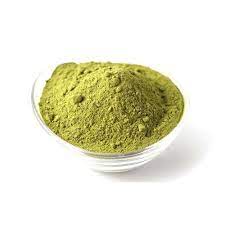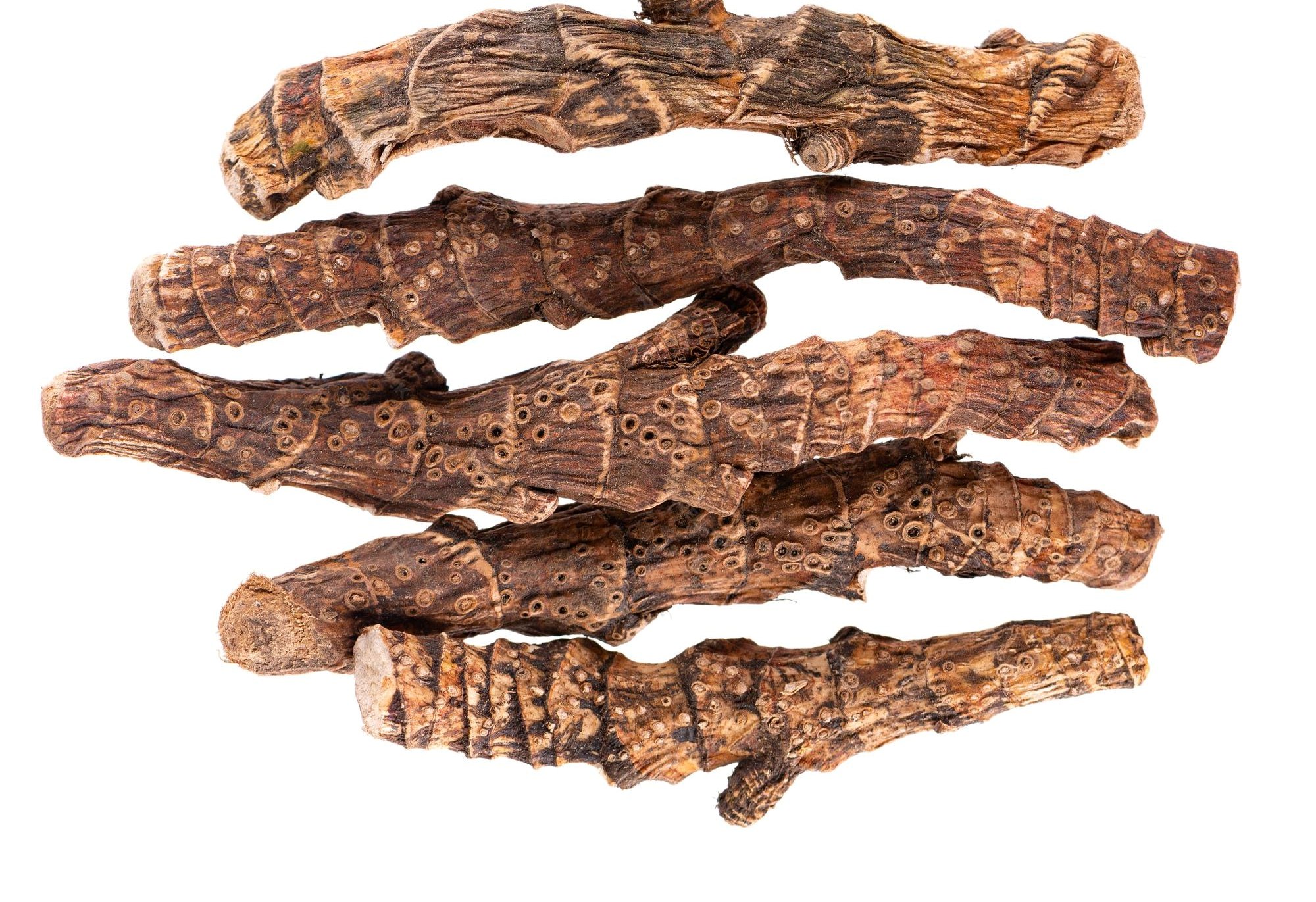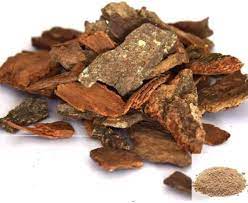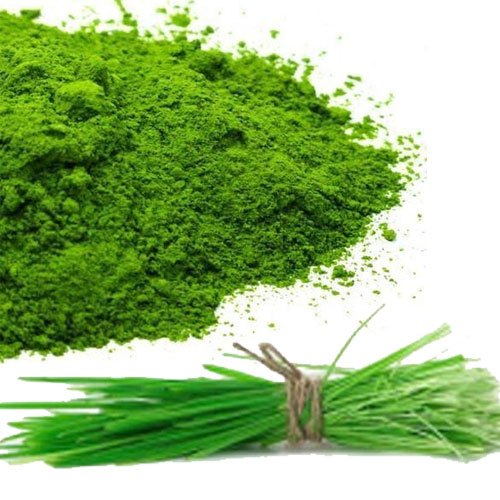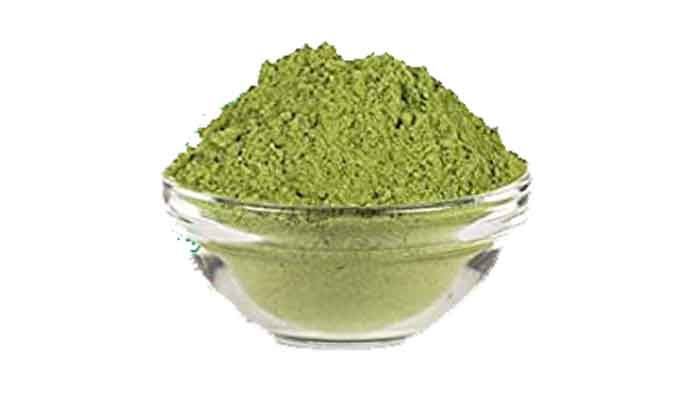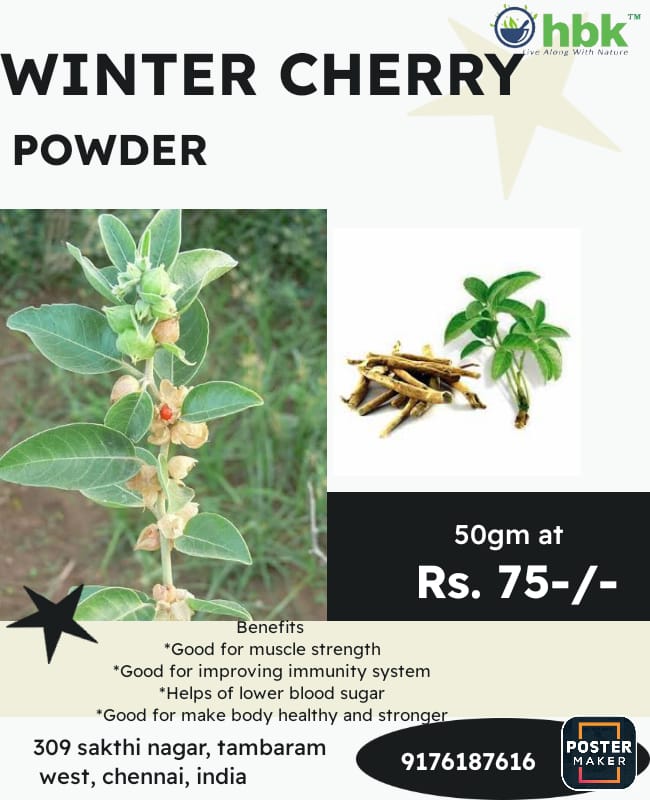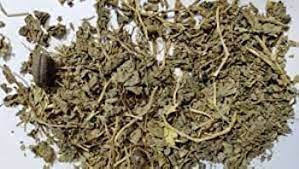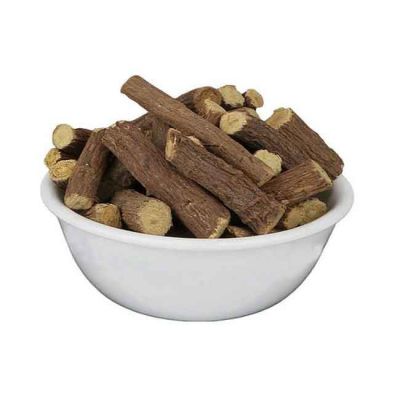Traditional Significance of Neem Flowers in Culture
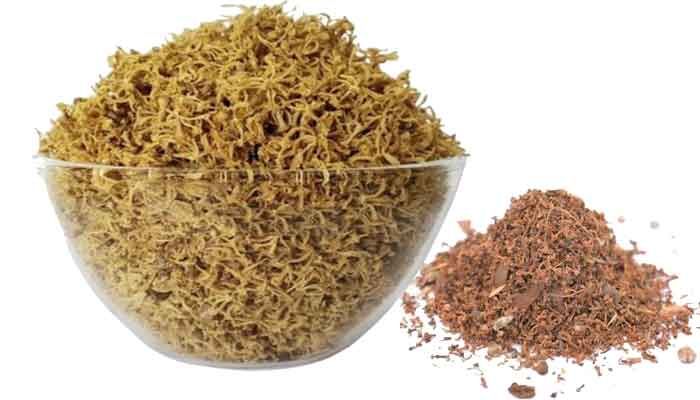
1. Religious and Spiritual Practices
- Sacred Symbol: Neem flowers are considered sacred in Hinduism. The neem tree, known as the "divine tree," is often associated with various deities and is believed to possess a divine essence.
- Festivals and Rituals: During festivals like Ugadi (the Telugu and Kannada New Year) and Gudi Padwa (Maharashtrian New Year), neem flowers are mixed with jaggery and consumed to symbolize the bittersweet experiences of life. This mixture is believed to purify the blood and strengthen the immune system.
- Offerings to Deities: Neem flowers are used in religious offerings and rituals to seek blessings and protection from negative energies. They are often placed in temples and homes to create a sacred and purifying atmosphere.
2. Ayurvedic Medicine
- Holistic Healing: In Ayurveda, neem flowers are valued for their medicinal properties. They are used in various formulations to treat ailments such as digestive issues, skin disorders, and infections. The flowers are believed to have cooling, anti-inflammatory, and detoxifying effects.
- Seasonal Cleansing: During the change of seasons, especially in spring, neem flowers are consumed as part of a detox regimen. They help cleanse the body and prepare it for the upcoming season, aligning with Ayurvedic principles of seasonal health.
3. Culinary Uses
- Traditional Recipes: Neem flowers are incorporated into traditional recipes, especially in South Indian cuisine. Dishes like “Neem Flower Rasam” and “Neem Flower Pachadi” are popular for their unique flavor and health benefits. These dishes are often prepared during specific festivals and auspicious occasions.
- Bittersweet Symbolism: The combination of bitter neem flowers and sweet ingredients like jaggery in culinary preparations symbolizes the balance of bitter and sweet moments in life, reflecting a philosophical perspective on life's experiences.
4. Folklore and Cultural Beliefs
- Protective Talismans: In many villages, neem flowers and leaves are hung at the entrance of homes and buildings to ward off evil spirits and negative energies. This practice is rooted in the belief that neem’s purifying properties can create a protective barrier.
- Health and Wellness: Neem flowers are often used in home remedies passed down through generations. Families use them to treat common ailments and maintain overall health, reflecting the deep-rooted belief in neem’s healing powers.
5. Environmental and Ecological Importance
- Eco-Friendly Practices: Neem trees, including their flowers, play a crucial role in sustainable agriculture. They are used in natural pest control methods, promoting eco-friendly and organic farming practices.
- Biodiversity: The presence of neem trees and their flowers contributes to biodiversity, supporting various forms of life, from insects to birds, and maintaining ecological balance.
6. Symbol of Resilience and Healing
- Cultural Resilience: The neem tree, with its flowers, is seen as a symbol of resilience and strength in many cultures. It can withstand harsh environmental conditions and still thrive, symbolizing the ability to endure and overcome challenges.
- Healing Properties: The widespread use of neem flowers in traditional medicine highlights their role in promoting health and healing, reinforcing their cultural significance as a source of well-being.
In summary, neem flowers hold a rich traditional significance in various cultural, religious, and medicinal contexts. They are revered for their sacredness, healing properties, and symbolic meanings, deeply ingrained in the cultural fabric of many communities.
Click here to Neem Flower(Dried) buy in hbkonline store.
July 31, 2024
|
View: 524
What are health benefits of coconut flower?
November 6, 2023
How to Use Arappu Powder for Hair Washing: A Natural Guide
August 30, 2024
What are the benefits of Vasambu (dried)
May 3, 2024
What are the benefits of Karuvelam Pattai?
February 8, 2024
What are the benefit of Vasambu powder?
March 4, 2024
How to Use Arugampul Powder for Diabetes Management?
March 18, 2025
How to Use Indian Indigo Powder for Natural Hair Dye?
March 18, 2025
How to Use Winter Cherry Powder for Better Sleep?
March 18, 2025
What Are the Health Benefits of Aadu Thinna Paalai Powder?
March 17, 2025
How Can Licorice Powder Improve Your Skin and Hair?
March 17, 2025
My Wish List



